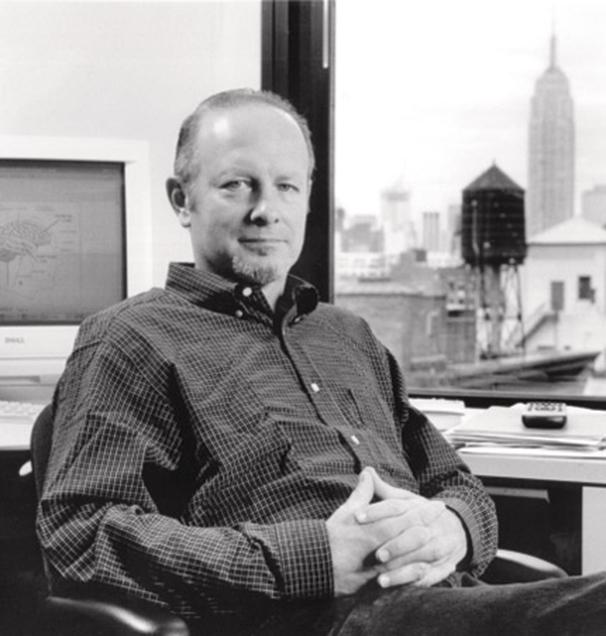
Joseph LeDoux, professor of neuroscience and psychology, received the William James Fellow Award from the Association for Psychological Science in recognition of his research of memory and emotion in early April.
LeDoux said he was humbled to have been given the William James Fellow Award.
“It’s a great honor and completely out of the blue,” LeDoux said.
LeDoux said he did not initially intend to enter the field of psychology — he studied marketing at Lousiana State University. While studying the marketing side of business, however, his interest in psychology grew. After graduate school, LeDoux began researching split-brained patients for his PhD.
His research, which focuses on fear, shows how people can respond to danger before they know what they are responding to.
In a three-year study, LeDoux and other researchers lightly shocked rats the same time they played a sound. Through this process, the researchers learned how the rats’ brains detected and responded to danger. The rats’ blood pressures and heart rates would increase, showing the researchers that the rats learned to fear the sound.
LeDoux said memory is an interesting area of research and looks at the way implicit memory is separate from the conscious experience.
“We found that whenever you form a new memory, protein synthesis is required for all that the cell is going to do,” LeDoux said. “That has been the core of my work, trying to find out how implicit memory takes place. Not only do you need protein synthesis in [the] learning phase, but also when you retrieve memory.”
LeDoux said memories are not just carbon copies of experience. They are on-the-spot reconstruction, which means they can be fallible.
“When we retrieve memories there’s the opportunity to update it and remember it differently,” LeDoux said. “That updating process is dependent on the synthesis of proteins.”
LeDoux describes research as a slow and long incremental process, which speaks to his dedication as a scientist.
“All of a sudden you might do something that doesn’t make any sense, but then it just makes you jump to the next thing,” LeDoux said.
LeDoux currently teaches freshman honors seminars and an upper-level undergraduate seminar on his book “The Emotional Brain” at NYU.
Aside from being a professor, LeDoux has a deep love for music and is a musician in a band. His band, the Amygdaloids, is made up of three other scientists from NYU, and is a reference to the amygdala in the brain.
Daniela Schiller, a postdoctoral fellow researching neuroscience and psychiatry and fellow band member, said LeDoux is a crucial part of the band.
“LeDoux is the quiet engine that drives the band,” Schiller said.
Continuing his research, LeDoux’s interests are evolving toward how the awakening of an emotional aspect of a memory can occur without the elimination of conscious memory. LeDoux is also interested in not only how brains react to danger, but also how they act.
“Freezing in your tracks may be the reaction, but then there is the action,” LeDoux said.
A version of the article appeared in the Monday, April 28 print edition. Ilona Tuominen is a staff writer. Email her at [email protected].

























































































































































